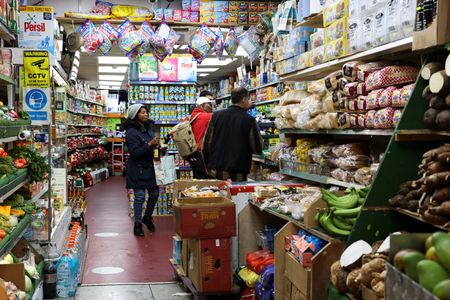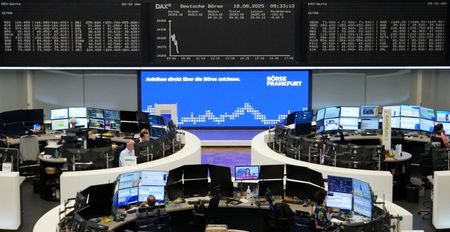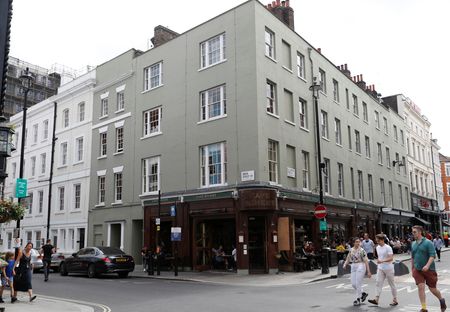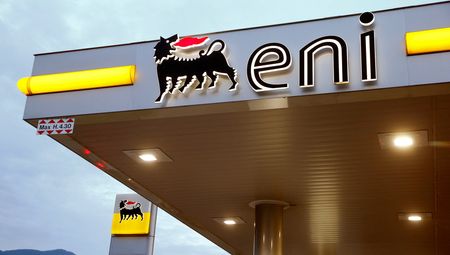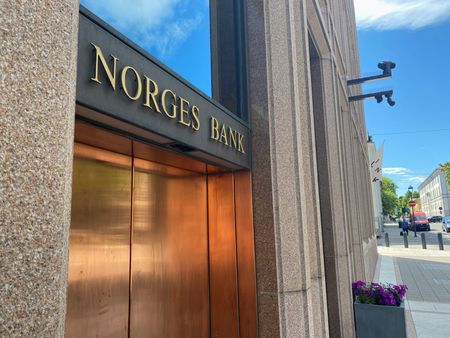LONDON (Reuters) -British grocery price inflation edged up to 3.8% in April, industry data showed on Tuesday, adding to the pressure on consumers facing higher energy, water and council tax bills.
The level of the rise in the four weeks to April 20 compared to 3.5% in last month’s report, and 1.4% in October, the recent lowest reading, market researcher Kantar said.
Total grocery sales rose by 6.5% in the period, helped by the later timing of Easter.
Kantar said supermarkets were cutting prices and increasing promotions to drive growth.
Asda, the UK’s number three food retailer, said last month it would take a hit to profit to finance price cuts.
Its move to try to recover market share prompted Tesco, the country’s biggest grocer, and No.2 player Sainsbury to warn profits could be impacted by a price war.
“The grocers have been sharpening their pricing strategies to stay competitive in the fight for footfall,” said Fraser McKevitt, head of retail and consumer insight at Kantar.
Asda remained the industry laggard but its sales fall of 3.8% year-on-year in the 12 weeks to April 20 was an improvement on last month’s 5.6% decline, according to the data.
Discounter Lidl was the best performing bricks and mortar supermarket in the period, with sales up 10.1% year-on-year, while Tesco posted a 6% rise and Sainsbury’s sales grew 4.4%.
The British Retail Consortium warned earlier on Tuesday of the risk of further upward price pressures as the industry faces increased costs, including a new packaging levy in October.
According to its survey, food price inflation in Britain jumped to 2.6% in April, its highest in nearly a year in April.
UK supermarkets’ market share and sales growth (%)
Market share Market % change in
12 wks to share 12 sales
April 20 wks to (yr-on-yr)
2025 April 21
2024
Tesco 27.8% 27.3% 6.0%
Sainsbury’s 15.3% 15.2% 4.4%
Asda 12.3% 13.3% -3.8%
Aldi 11.0% 10.8% 5.9%
Morrisons 8.5% 8.6% 1.8%
Lidl 8.0% 7.5% 10.1%
Co-operative 5.3% 5.4% 1.9%
Waitrose 4.5% 4.5% 3.2%
Iceland 2.2% 2.2% 2.0%
Ocado 1.9% 1.8% 11.8%
Source: Kantar
(Reporting by Sarah Young; editing by Paul Sandle)

